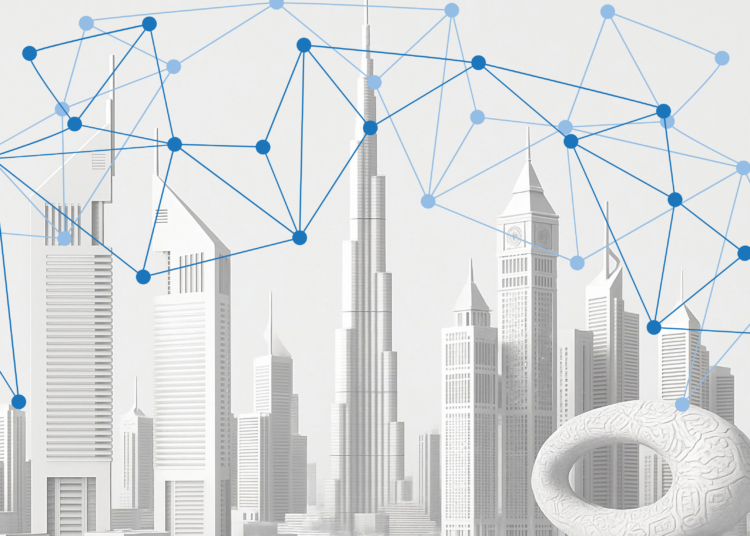
We made it through 2020. But now it is time to turn off our out-of-(home)offices and roll up our sleeves once more.
As our thoughts turn to what 2021 has in store, here are three key trends that are firmly on my radar this year.
The continued evolution of the hybrid workplace
It is perhaps no surprise that this is first up. It’s been top of the business agenda for the past year after most organisations found themselves converting almost overnight to a work from home operating model thanks to COVID-19 and only able to welcome back a skeleton in-person staff since.
But as vaccination programmes roll out across EMEA and people are allowed to return to the office in far more significant numbers, I believe we will see the emergence of a new type of hybrid workplace. Or more accurately, a hybrid workspace. After all, the definition of a place is “a particular position, point, or area in space” and our future work environment is likely to be anything but fixed.
The more significant change, however, is that the new hybrid workspace will be a deliberate one. Of course the redesign of the office as a concept was in play well before COVID-19 turned the world upside down. But for the past year, the hybrid workspace been a reactive one – hybrid by necessity versus by design.
As businesses took the time they’ve had this year to plan their return in more detail, we can expect to see more fundamental changes starting to shape our office environments. In addition to the necessary health and safety measures, I predict we’ll continue to see less desk space and more meeting room space, for example, as day-to-day interactions are kept to video conference and the office is reserved for bigger group get-togethers.
SD-WAN goes mainstream
A quick Google search will show you countless articles proclaiming that this is the year of SD-WAN. Certainly, it was said about both 2019 and 2020, but we really mean it for 2021!
Again, one of the key drivers for this has been the pandemic – and the spotlight it has shone on the need to better connect home, branch and cloud environments to deliver a consistent application experience, whether an employee chooses to log on from the office, home or on the road (imagine!). As businesses look to the coming year, support for a distributed workforce will remain a top priority, making SD-WAN critical to successfully navigating the “new normal.”
This acceleration of interest in SD-WAN is something that is coming through loud and clear in conversations with partners and customers. Case and point, on a recent call with a security company, they mentioned that every current customer discussion ends in them being told that the customer has an SD-WAN project underway and that this project needs to be defined before the customer can make any changes to their security policies or vendor of choice.
This is just one example, but it certainly points to the fact that SD-WAN is becoming a much broader customer need throughout 2021.
Taking the data centre to the Edge
The explosion of data has been a running theme throughout my posts for some time now – but as COVID-19 has accelerated the digital transformation of nearly every organisation out there, the amount of data being generated at the Edge has never been higher – or indeed more vulnerable – and the need for businesses to quickly and efficiently collect, secure, process and act on that data has never been more pressing.
With the hybrid workplace set to make the situation even more complicated in 2021 with people constantly moving in and out of the office environment, the traditional model of a single data centre located at a company headquarters is no longer fit for purpose. Instead, we will see enterprises starting to transition to a “centres-of-data” networking model – with multiple micro data centres positioned at the Edge to help convert all that data into simplified IT operations, accelerated service delivery, and streamlined IT deployment.
In it together
The challenges of the past year are by no means over – and the above three trends will certainly keep things interesting in 2021.










Discussion about this post